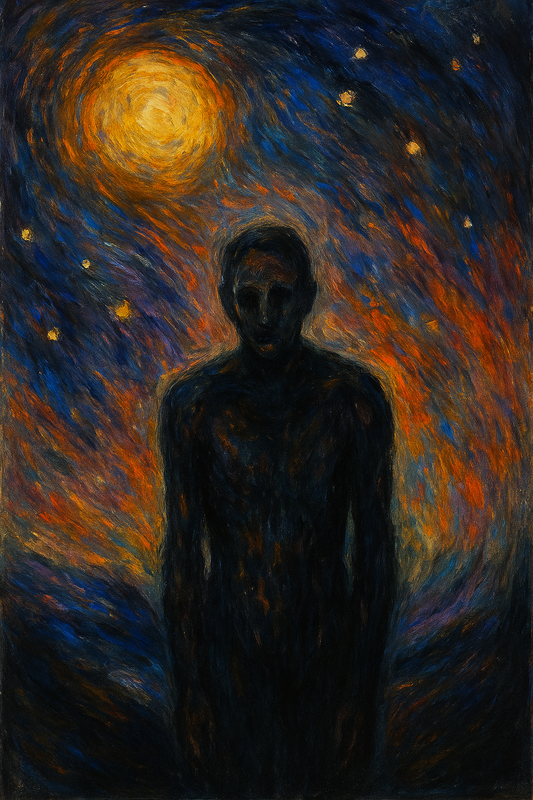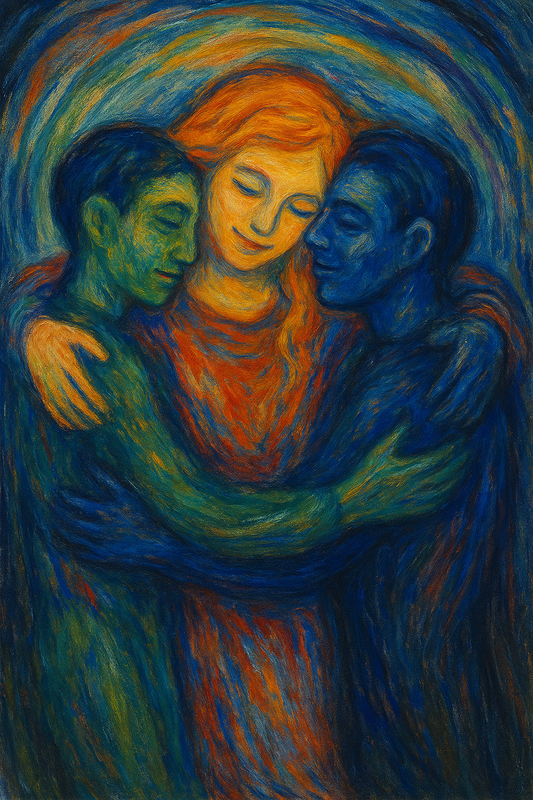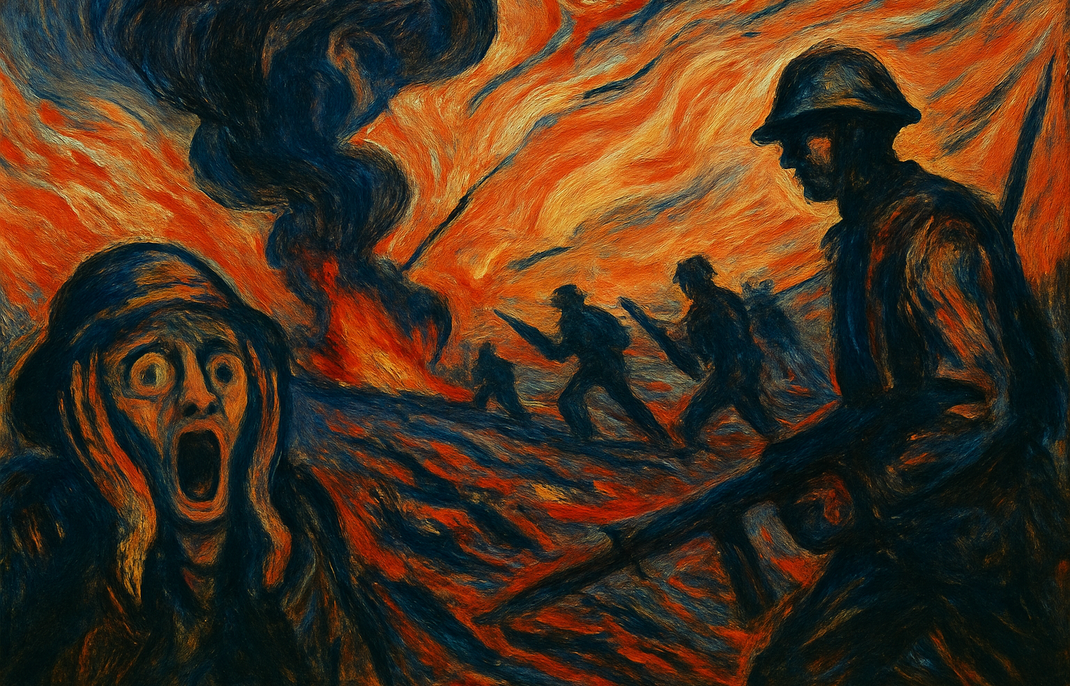The Folly of Human Hatred

Human beings cannot survive without one another. A Hindu eats bread baked from wheat grown by a Muslim farmer. A Muslim drinks tea harvested in a Hindu plantation. A Christian is healed by medicine discovered by a Jewish scientist. A Jew uses technology designed by an atheist coder. Our lives are woven together, a fabric of interdependence.
And yet, instead of celebrating this truth, we cling to differences. Every religion claims peace, but history is soaked in blood. Muslims have fought Muslims, Christians have fought Christians, Hindus have fought Hindus, and all have fought one another. No faith is stainless. No people are innocent.

In the ancient world, rulers masked ambition as divinity. Pharaohs declared themselves gods. Roman emperors demanded worship. European kings insisted on the “Divine Right” to rule. Caliphs styled themselves the shadow of God on earth. Laws, taxes, and wars were presented not as the will of men but as the will of heaven. Even today, our parliaments call themselves secular, but the old reflex survives: treat leaders as anointed, policies as inevitabilities, slogans as scripture. Strip away the costume and you find what has always been there—fallible humans writing rules for other humans.
Myths of protection, not destruction
Our stories point in a better direction. When Krishna lifted Govardhan Hill, he did not crush an enemy; he sheltered villagers from a storm. When Hanuman carried the Sanjeevani mountain, he did not parade power; he raced to save a life. These are parables of protection and healing. The gods in our tales lift mountains for life. We, with far smaller strength, lift weapons for pride.

Tools are innocent; choices are not
We ask old books to answer new questions. The prophets never spoke of airplanes, computers, or vaccines. To call such tools “gifts of God” or “tricks of the devil” is to dodge responsibility. Objects are innocent. A scalpel can cure or kill. A keyboard can liberate minds or chain them. Evil does not live in the tool; it lives in the choice.
History’s proof of interdependence
Progress came through cooperation, never purity. In ancient India, Hindus, Buddhists, and Jains studied together in Nalanda and Takshashila. In Baghdad’s House of Wisdom, Muslim rulers funded Christian and Jewish scholars who translated Greek philosophy, preserving it for Europe’s Renaissance. In medieval Spain, convivencia allowed Maimonides to write in Arabic while Muslim architects built synagogues and Christian rulers borrowed Islamic science. In our era, a Jewish doctor’s polio vaccine saved Muslim, Hindu, and Christian children alike; and a global mix of Muslim, Hindu, Jewish, Christian, and secular engineers built the internet. Every golden age was pluralist. Every leap came from mixing.
If God walked in today
Would we recognise Him—or book Him? If Jesus turned water into wine, fines would follow for brewing without licence and evading tax. If Moses parted a sea, environmental litigation would flood him first. If Muhammad announced a night journey through the sky, airspace authorities would hold him for paperwork. If Krishna raised Govardhan, a committee would demand geological surveys, risk assessments, and insurance bonds. If Hanuman carried Sanjeevani, forestry would issue a notice for unlawful transport of protected flora. And if God Himself spoke, we might arrest Him for blasphemy—against the religions built in His name.

The universe is bigger than our quarrels
The universe is vast—billions of galaxies—and we still fight over verses in a book or strips of land. If aliens arrived tomorrow with their own sacred texts, would we read them or burn them? If we cannot stand a neighbour across the street, how will we stand a neighbour across the stars?

Faith at its best is meaning, discipline, consolation, music, duty, hope. Law at its best restrains rulers, not sanctifies them. The promise is not that the state is wise; it’s that the state is answerable. The work before us is practical and moral: criticise without dehumanising, protect without persecuting, doubt without despairing.
You may love anyone outside your faith without sin; if you hate them, you betray both faith and humanity. Until we learn that, war will keep borrowing God’s name for deeds He never asked for. And if God appears among us, we may indeed arrest Him—proof that our prisons are stronger than our prayers.
This is not blasphemy. It is realism. The universe does not care about our quarrels. But our children do. They inherit what we worship. Let it be love.

Add comment
Comments